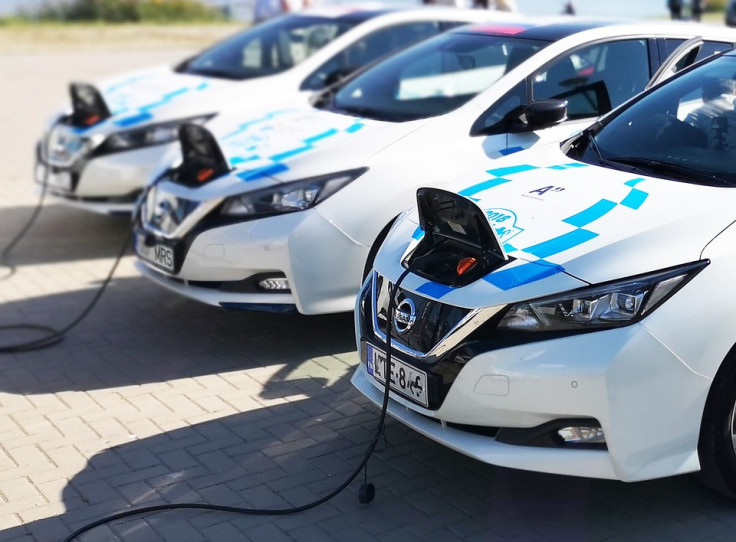Federal Government Allocates AU$550 Million To Battery Sector

The Australian government on Thursday unveiled plans to allocate AU$550 million to the battery sector that will support a grid powered by wind and solar, and eventually transition the country to a "renewable energy superpower."
The new investment plan aims at converting Australia from a "dig-and-ship" economy, which sells its critical minerals, into a manufacturer of better renewable energy storage.
"If we mine it here, we should make it here," industry minister Ed Husic stated in his foreword to the first national battery strategy, The Guardian reported.
It could also put an end to Australia's reliance on China for the batteries that power mobile phones, electric cars and scooters and heavy equipment. China produces 75% of the world's battery supplies.
The allocation in the battery sector is part of the federal government's "battery breakthrough initiative," included in the Future Made In Australia plan that outlined a $23bn budget intended to give a boost to domestic production and speed up the transition to net-zero.
The government plans to spend AU$523.2m in developing manufacturing capabilities through production incentives, and AU$20.3m for the "building future battery capabilities" to incentivize battery research.
"Australia has unmatched natural advantages to create a battery industry," Husic said. "These include world-leading renewable energy resources, critical minerals, skilled workers and a strong international trading reputation," Husic said.
The plan, aimed at reducing the cost to users, identified four key opportunities in the battery sector -- building energy storage systems that support a power grid transitioning to renewables, enhancing the value of raw materials, promoting facilities for making safer batteries, and reducing the dependence of heavy-vehicles on diesel fuels.
Prime Minister Anthony Albanese said as the world demand for batteries is set to quadruple by 2030, Australia should look at being a "player in this field," news.com.au reported. "Batteries are a critical ingredient in Australia's clean energy mix," he added.
© Copyright 2025 IBTimes AU. All rights reserved.





















